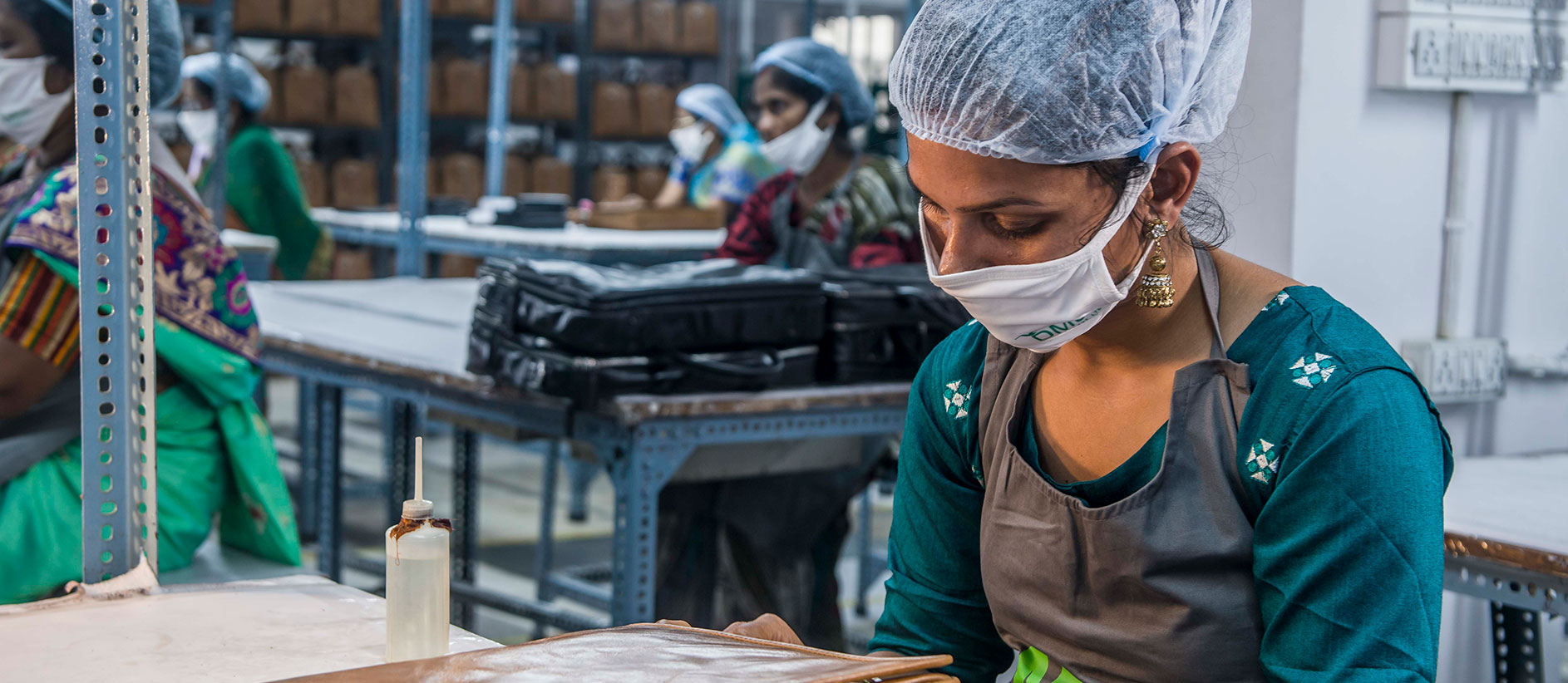In 2020, IFU invested a total of DKK 2bn in developing countries. This is a record high investment level and an increase of 80 per cent compared to 2019. This is stated in IFU’s annual report 2020.
DKK 1.2bn of the total amount was invested through the Danish SDG Investment Fund, an investment fund established in cooperation with a number of Danish pension funds and private investors, which on commercial terms contributes to the realisation of the UN Sustainable Development Goals in the developing countries.
“We are very pleased that we have managed to reach this record-high investment level despite Covid-19. It means that we have been able to contribute to for example promoting the green transition, improving access to financing for poor people and increasing the supply and the quality of health services in developing countries, which are some of the positive changes we wish to contribute to with our investments.”
Michael Rasmussen, CEO of Nykredit and chairman of IFU’s board of directors.
IFU’s strategic focus is to support the green transition and to contribute to reducing poverty and inequality in developing countries by making commercial investments. Including its investments in 2020, IFU has in total invested in close to 2,000 megawatts renewable energy, and its investments within financial inclusion contributed to servicing more than 13 million people with microloans, for example. The investments in IFU’s active portfolio employed close to 280,000 people and reported corporate taxes of DKK 3.5bn in total.
Total climate footprint reported for the first time
For the first time, IFU has calculated the portfolio GHG footprint from IFU’s investments. It was done to monitor the development and make an ongoing contribution to reducing the total GHG emissions in the portfolio.
“By calculating the GHG footprint of the investments, we are taking another step to reduce the GHG emissions from our portfolio. The calculations will be repeated and used to track IFU’s journey towards net-zero emissions.”
Torben Huss, CEO of IFU.
Nearly half of the investments in Africa
Almost half of IFU’s investments in 2020 were made in Africa, while 25 per cent were made in Latin America. The remaining investments are distributed on Asia and Europe and on projects with a global focus.
“One of the prerequisites for creating development in Africa is to increase private investments that can create jobs, economic progress and improve welfare. Therefore, I am pleased that we were able to increase our investments in Africa in 2020 within solar energy in West Africa and the hospital and health sector in North Africa, among other things,” said Torben Huss.
Contributed to handling Covid-19
The Covid-19 pandemic has had a strong negative impact in developing countries, and IFU has carefully been monitoring the development and assisted project companies in handling the consequences related to their business and employees. IFU made Covid-19 related investments of close to DKK 325m in 2020 and furthermore provided grants through IFU’s Sustainability Fund to buy protective equipment, train employees and prevent the spread of Covid-19.
“Naturally, Covid-19 has also been a big challenge for us in 2020, and I am satisfied that we have been able to help a number of our project companies directly during the crisis, and indirectly, through banks and financial institutions, have contributed to secure additional financing for local companies in developing countries,” said Torben Huss.
Negative financial result
The financial net result of IFU was a loss of DKK 174m. The result was heavily influenced by the effects of Covid-19 restrictions and in particular by large currency depreciations for almost all developing countries as well as for the US dollar against the Danish krone.
“The financial result is of course not satisfactory. However, apart from the effects of lower currencies, the portfolio performed reasonably well considering the Covid-19 effects,” said Torben Huss.

